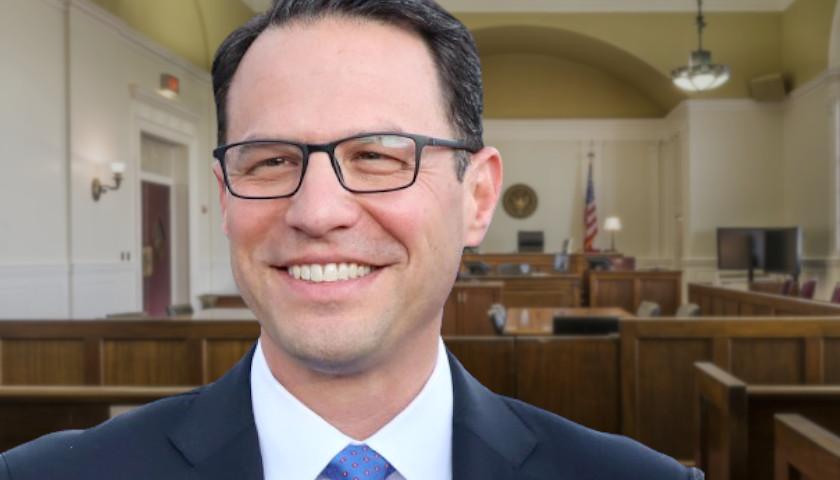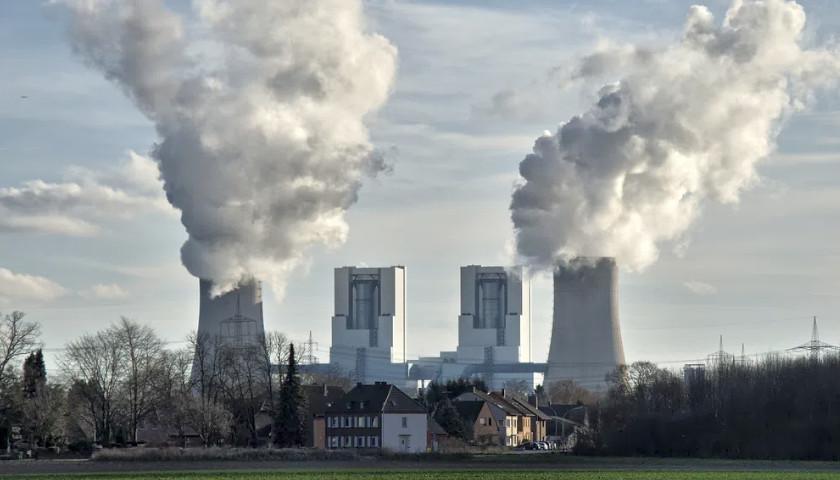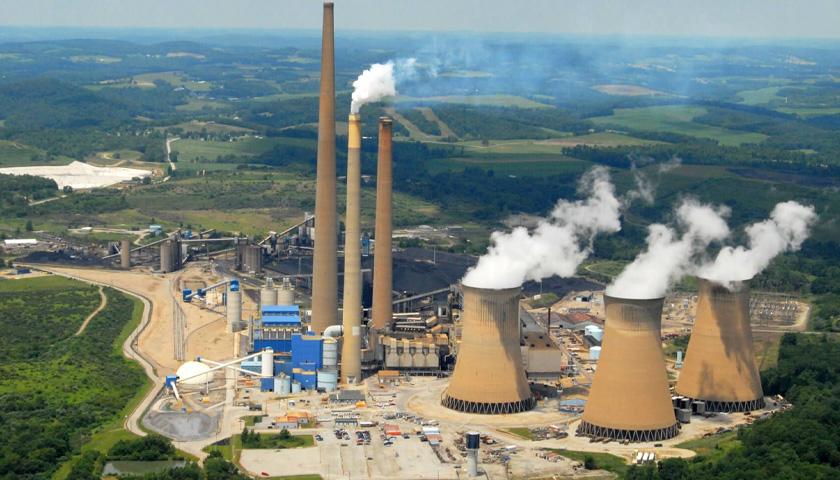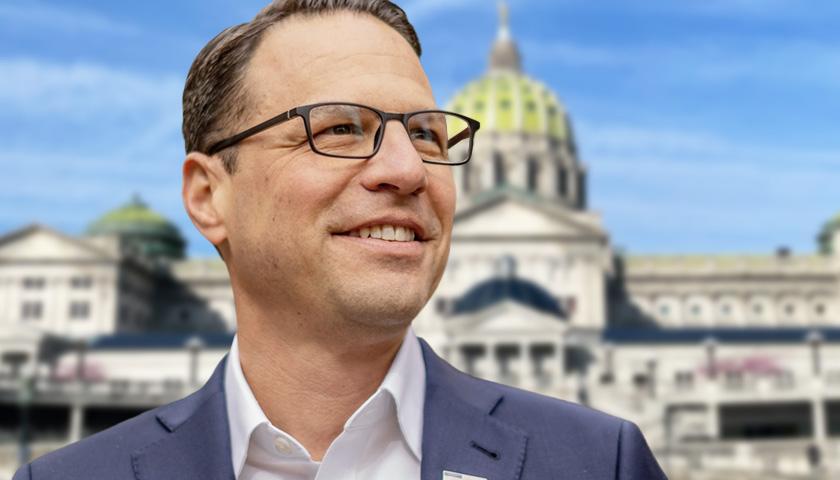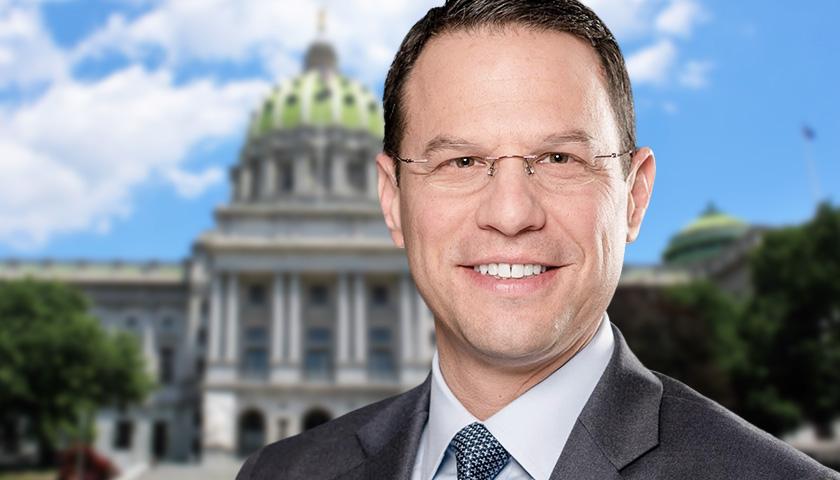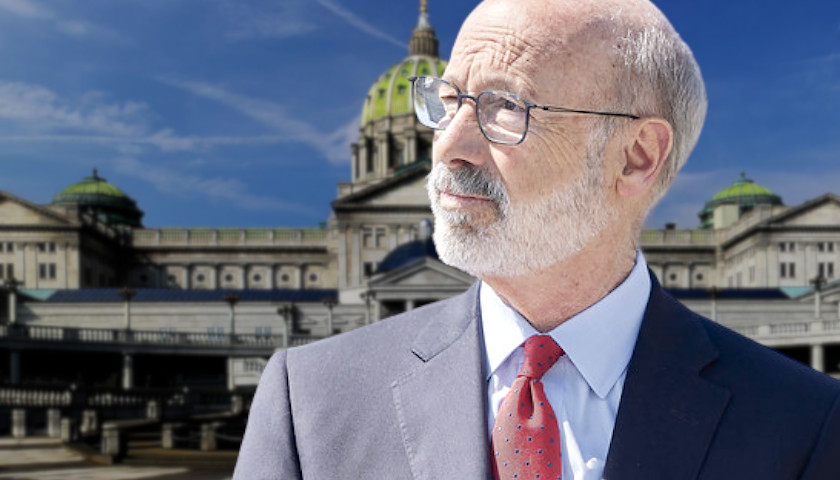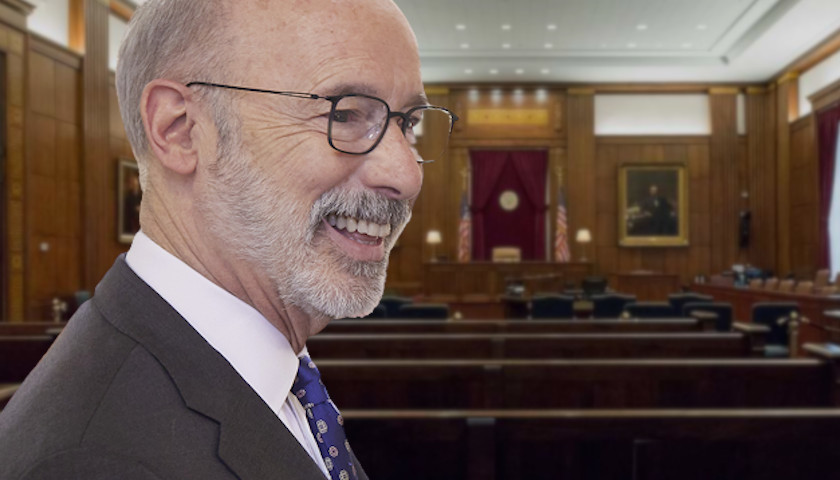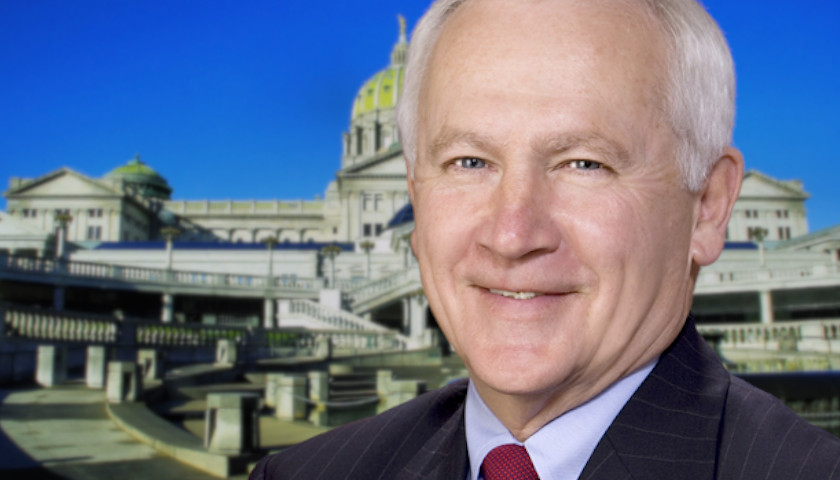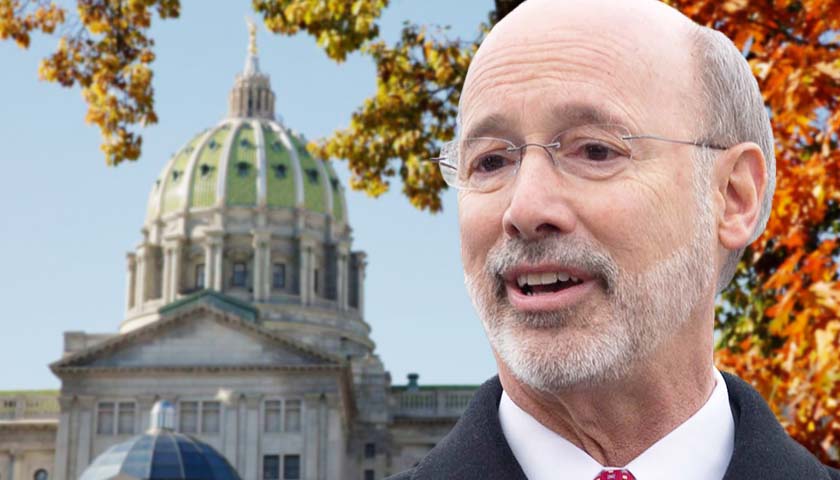The Shapiro administration will appeal a Pennsylvania court’s decision to strike down a proposed carbon “tax” as unconstitutional in a bid to “protect” the authority of future governors.
The news comes just one day after Gov. Josh Shapiro teased the appeal during a press club luncheon in Harrisburg. He said it was important to “listen” to all sides involved, most of whom agree that “cap and trade” is a good idea to reduce harmful emissions.
Read More
